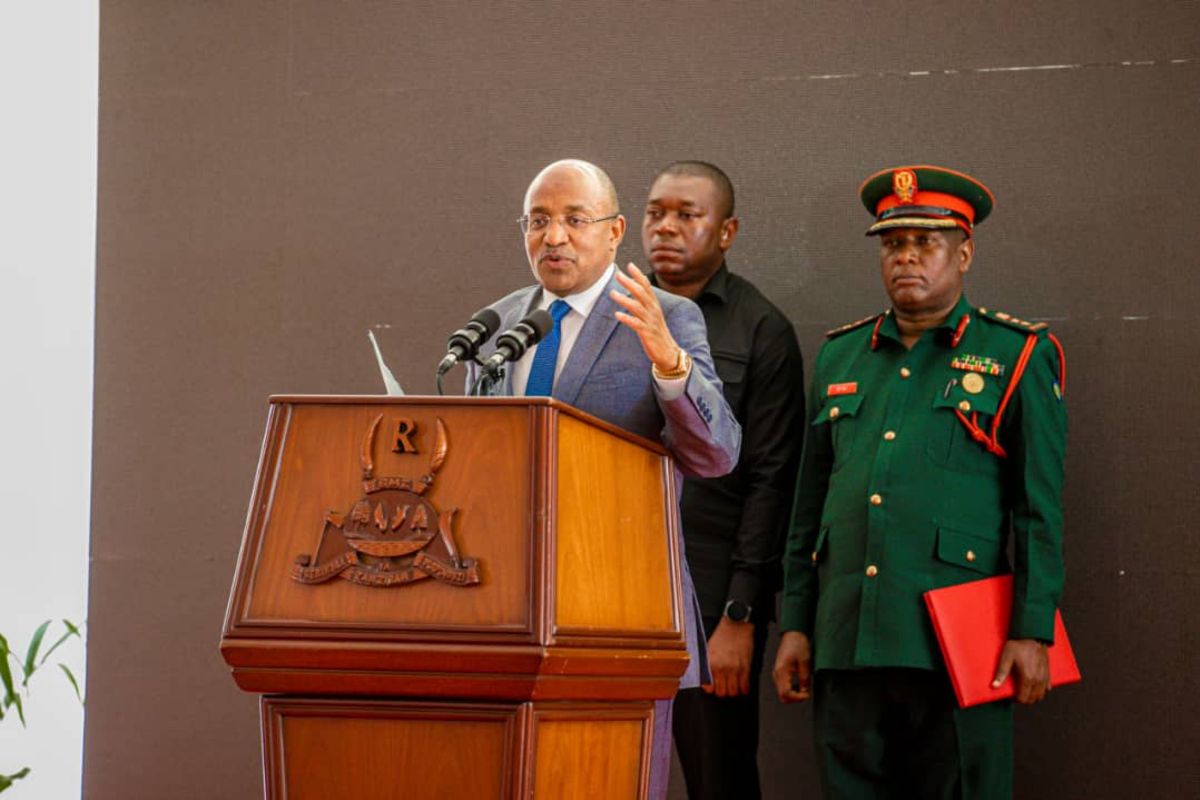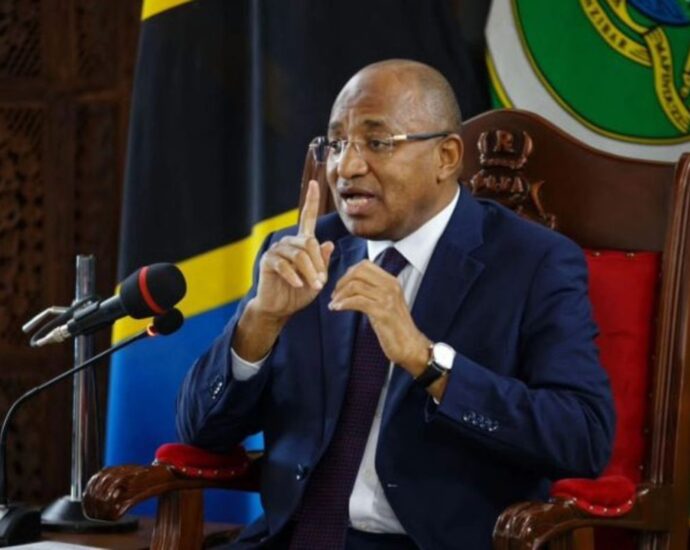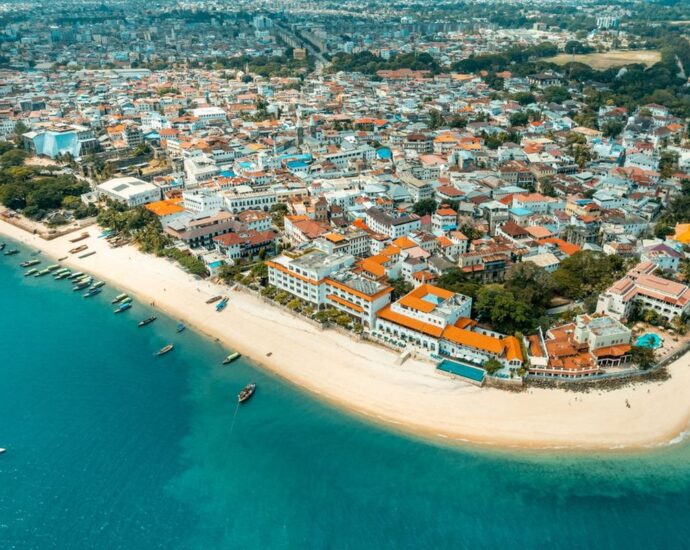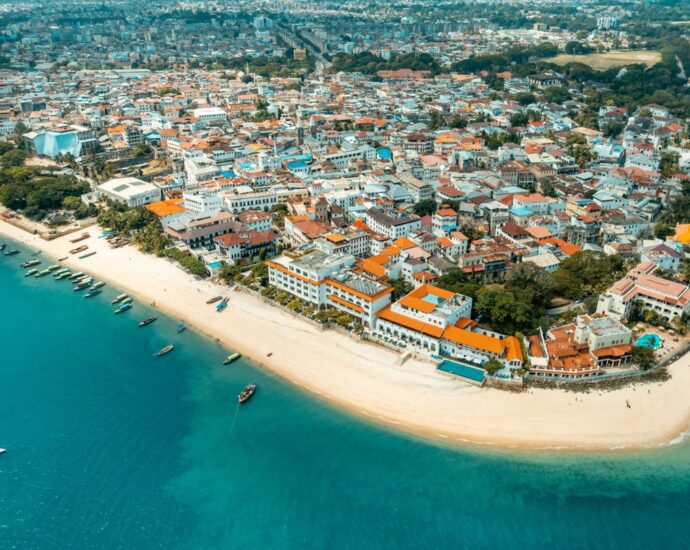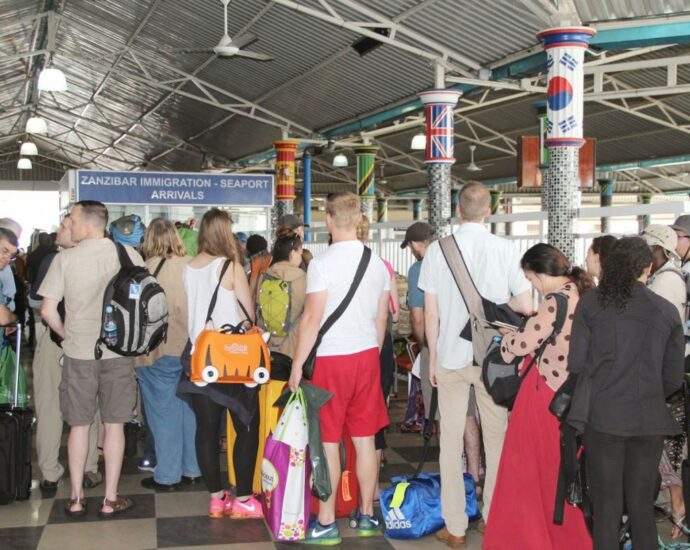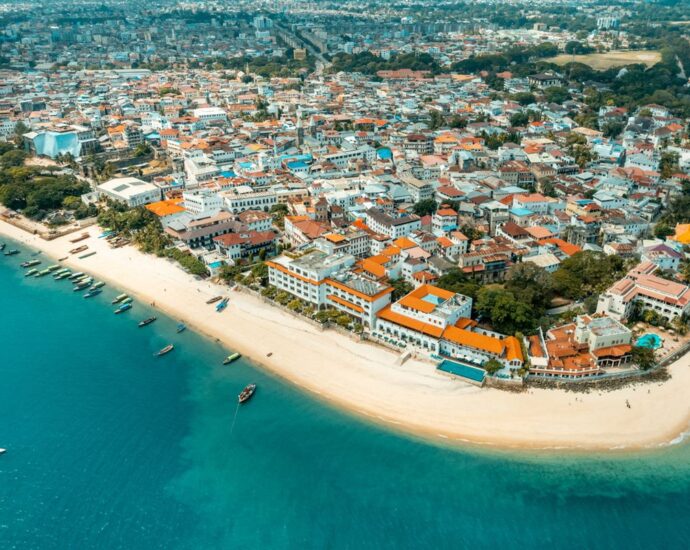Understanding Zanzibar Investment
No the foreigner can not own the land according to The Land Tenure Act 1992. How ever the Act further provides the opportunity for the land to be leased to any person, Zanzibari or non-Zanzibari, intending to use that land for investment purposes subject to the approval of an investment project by ZIPA or other relevant authorities. The lease period goes up to 99 years.
Tanzania’s Land Act No. 4 of 1999 explicitly states that no foreigner can own land in the country.
According to the former executive director of HakiArdhi, Yefred Myenzi, the Act spells out how land can be used, including leasehold.
“In Tanzania we have land laws categorised as customary and statutory laws, with the later having overriding powers in case there are problems with the former. Users of land are given rights of occupancy for periods of 33, 66 and 99 years, depending on the use,” said Mr Myenzi, adding, “Our system is similar to that of Uganda with the only difference being that in Uganda there is land that falls under the Buganda kingdom and it is recognised in the country’s constitution. However, Kenya’s system is completely different because it is freehold.”
He further said that in Tanzania, once the government leases land, the lessor isn’t allowed to sub-lease.
“The right to sub-lease is held by the government since all land is public but is held in trust by the president on behalf of the people,” he said. “The government also collects land rent, property tax, withholding tax and stamp duty.”
The Land Act is very clear that a non-Tanzanian is not allowed to own land, save for investment purposes only under the Tanzania Investment Act.
Government leases
In line with the country’s laws, investors gain access to land through government leases whereby they are issued with a document known as “derivative right” through the Tanzania Investment Centre (TIC).
The duration of occupation is one year less than the years declared in the certificate of occupancy, which may be 32, 65 and 98 years. The maximum duration given in the certificate of occupancy is 99 years as per the Land Act, 1999.
Communities benefit when the government parcels out land to be used by certain groups or communities for set objectives. This normally happens when the government revokes leaseholds given to investors after they fail to develop the land in question.
In other cases, the government may decide to give land that previously belonged to a government parastatal, to interested groups wanting to undertake economic activities including agriculture.
It has been argued that compared with others, the Tanzanian system is better.
So far, the government has set aside Special Economic Zones for economic and commercial investment. The aim is to promote investment in industry; specifically for industrial products which are meant for export.
Such areas are under the supervision of Export Processing Zone Authority.
A foreign investor is allowed to own land only for investment purposes. Land can be given to an investor in the form of a derivative right which allows investors to lease land for investment purposes for a period of 32 years, 65 and 98 years.
If an investor changes the usage of the land, his lease agreement will be terminated and the certificate of incentive from TIC will be cancelled.
The TIC also has the authority to revoke the derivative right issued to foreign investors if they fail to implement approved projects.
The minimum initial investment capital varies from one sector to another and foreigners to citizens.
For hotel sectors, the minimum investment capital is $2,500,000 (USD) and $300,000 (USD) for real estate.
Whilst for other sectors the minimum is $300,000 and $100,000 for foreigners and citizens respectively.
The issuance of Work and Residence Permits is governed by the Employment Act No.11 of 2005 and the Immigration Act No.7 Cap 54 respectively.
The Zanzibar Investment Promotion and Protection Act No.14 of 2018 provides an opportunity for the approved projects to employ expatriates in key positions that are determined by ZANZIBAR INVESTMENT PROMOTION AUTHORITY (ZIPA).
ZIPA maintain that through its ‘One Stop Centre’ the work and resident permit are actually processed within 24 hours given all the supporting documents have been approved. However, this one-day turn-around may not be the same for all those applying.
In July 2021 Zanzibar rolled out a new tax and residency programme for expatriates to live and invest in the Tanzanian island.
This move follows huge infrastructural and tourism-friendly initiatives that have enabled Zanzibar to withstand adverse effects of the COVID-19 pandemic.
Until now, Zanzibar had incentives for real estate developers and not property buyers.
Zanzibar has not attracted significant real estate buyers
The result has been that Zanzibar has been unable to attract any significant foreign investors into the real estate sector, unlike Mauritius, Dubai, Oman and Singapore, which have successfully attracted both developers and buyers.
With the introduction of this new tax and residency plan, real estate developers can a residency permit-, allowing them to live in Zanzibar as non-Citizens.
There are also several residency benefits for foreign buyers, such as first-time buyers paying only 50% of regular capital gains on the sale of it, at 5% and not the standard rate of 10%.
Foreign ownership is permitted with Zanzibar Investment Promotion Authority (ZIPA) doing the registration.
There is no VAT charged on any unit rental or sales held by foreigners, and that income tax is at 15% instead of 30% for foreign buyers.
Foreigners are allowed to hold residence permits for the period the buyer owns the property that is renewable after 24 months at the cost of US$ 3,050 for the investor and $ 550 for each dependant.
Foreigners who get into such ventures as restaurants, bars, watersports or retail operations will be given the same incentives as those in the real estate sector.
Foreigners in the real estate business will not be required to have a business license for the first three months, will be allowed to own the property and that there will be no corporate tax for the first five years.
Expatriates will be allowed to repatriate any profits from the property after tax with a 100% exemption on withholding tax on interest paid into foreign bank accounts.
In Zanzibar to encourage private investment to thrive with foreign investments requires a stable and predictable investment climate, which is provided by transparent and accountable government, strict enforcement of the rule of law, skilled and productive labour force, affordable and accessible infrastructure, and intelligent infrastructure. In Zanzibar there are still challenges for investment in three main categories: cultural challenges, legal challenges, and administrative & operational challenges..
About the Government’s stability, the Zanzibar Investment Promotion Authority (ZIPA) is of the view that, Zanzibar’s government is politically stable, economically and socially advantageous, and it enthusiastically welcomes international investors. There is no threat of seizure or nationalization. The government, through its Constitution and International Conventions agrees to protect foreign investors’ interests; and allows 100 percent foreign ownership as well as free repatriation of profits. Further, investors in Zanzibar can access into the East African and SADC markets, take advantage of EU export restrictions, and gain access into the US market through AGOA as per UNCTAD/ITE/IPC/Misc.9.
The government also provides Regional and International market concessions and also tries its best to establish an improved business environment in the region. The Government offers the firms conditions of open market and regulatory flexibility environment in these regions. To attract more foreign investments, UNCTAD/ITE/IPC/Misc.9 is on the view that, the Zanzibar government created an actual legal framework for the protection of foreign investments where there is no distinction between protection for investors from foreign countries and protection for indigenous.
To read the full article click here: Legal Protection of Foreign Investment (FI) in Zanzibar
You may also be interested in the: USA 2020 Investment Climate Statements: Tanzania Report
Where is Tanzania ranked on International Transparency on www.transparency.org?
This year’s Corruption Perceptions Index (CPI) reveals that corruption levels are at a worldwide standstill.
The CPI ranks 180 countries and territories around the world by their perceived levels of public sector corruption. The results are given on a scale of 0 (highly corrupt) to 100 (very clean).
This year, the global average remains unchanged for the tenth year in a row, at just 43 out of a possible 100 points. Despite multiple commitments, 131 countries have made no significant progress against corruption in the last decade. Two-thirds of countries score below 50, indicating that they have serious corruption problems, while 27 countries are at their lowest score ever.





